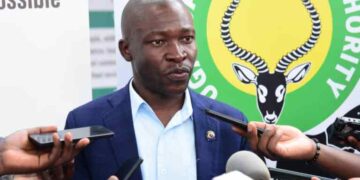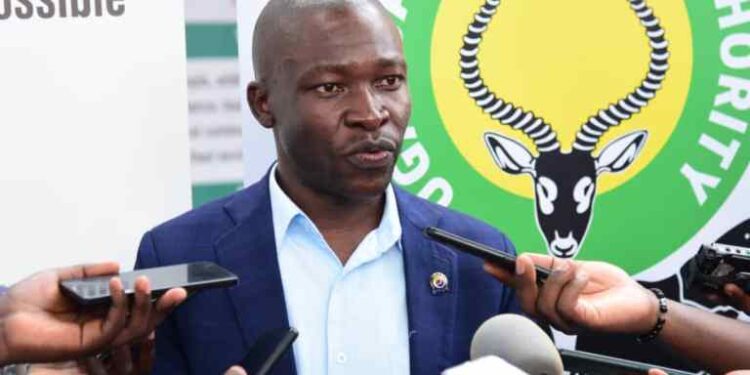Stakeholders have called for a renewed commitment to biodiversity conservation to address challenges related to biodiversity loss on the global and regional scale.
According to WWF’s flagship publication, The Living Planet Report, there is 73% decline in wildlife populations since 1970.
“We therefore call upon each one of us to take urgent collective action to address the dual crises of climate change and biodiversity loss, as we approach the tipping point,” WWF noted.
WWF further called upon all stakeholders to integrate indigenous knowledge, grassroots advocacy, and policy support to ensure long-term conservation success.
“We urge every individual, institution, and policy maker to join hands and:
Protect and Restore Nature – Through the implementation of conservation strategies to safeguard ecosystems and restore degraded habitats.”
WWF also urged Ugandans to participate in Forest Landscape Restoration (FLR) initiatives across various areas—particularly in the Bugoma-Kagombe Landscape. “We are working with the National Forestry Authority (NFA) and other local partners to restore the degraded Kagombe Central Forest Reserve (CFR) and other associated landscapes.”
Adding, “To appreciate the Linkage between Climate Change and Biodiversity Loss – We must address these challenges jointly by reducing greenhouse gas emissions and evaluating current biodiversity trends.”
In line with the Kunming- Montreal Biodiversity Framework. WWF Uganda in partnership with NFA, is undertaking a baseline biodiversity inventory and an above-ground assessment in the Bugoma-Kagombe Landscape.
This vital exercise is expected to generate insights into the carbon potential of the forests in the landscape and help identify existing biodiversity for more effective conservation efforts.
“Understanding what biodiversity exists in our landscapes is a critical first step toward protecting it. Through this inventory, we are generating scientific evidence to guide targeted conservation actions and ensure that Uganda’s natural heritage continues to benefit people, wildlife, and the planet,” said Phillip Kihumuro, Project Manager, WWF Uganda.
Through the VELUX-WWF global collaboration, there’s impactful on-ground results, working with both state and non-state actors.











